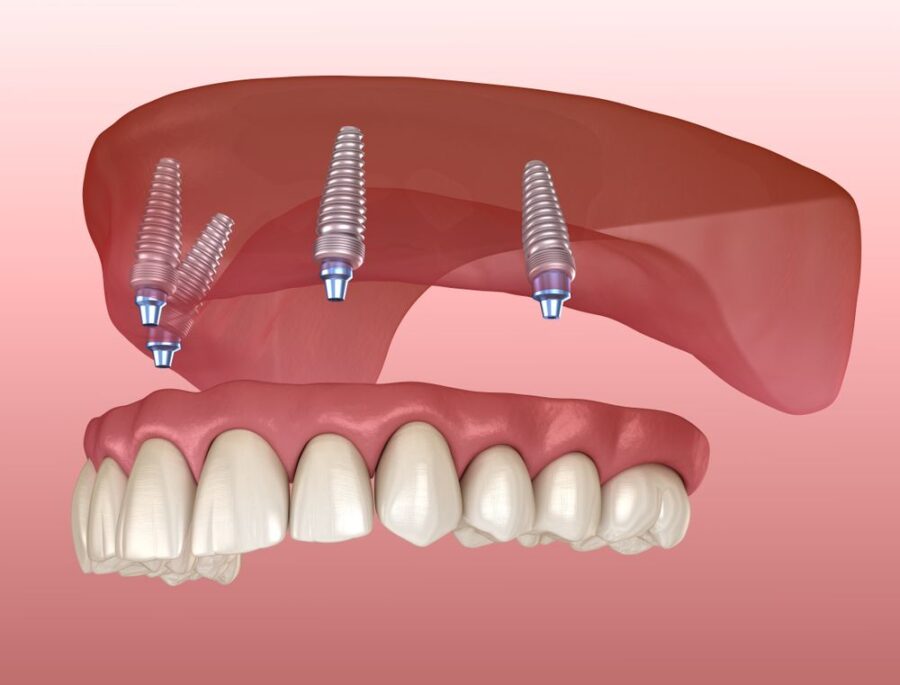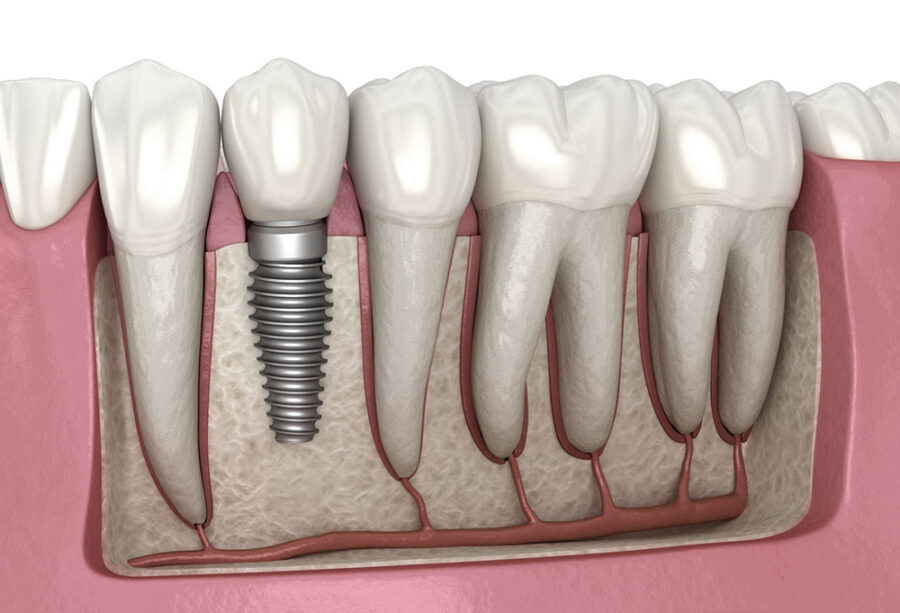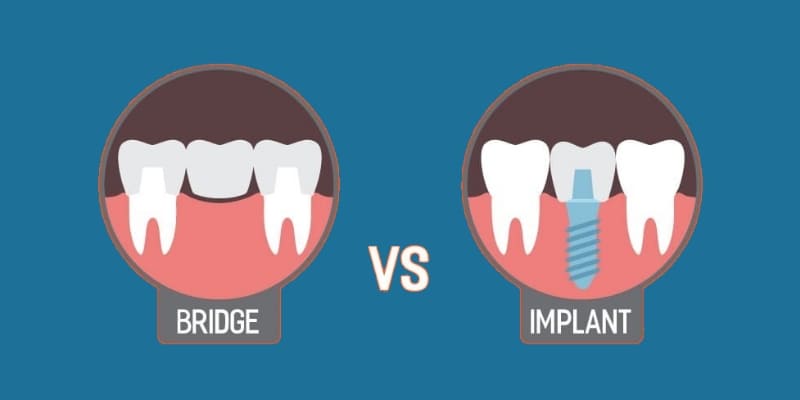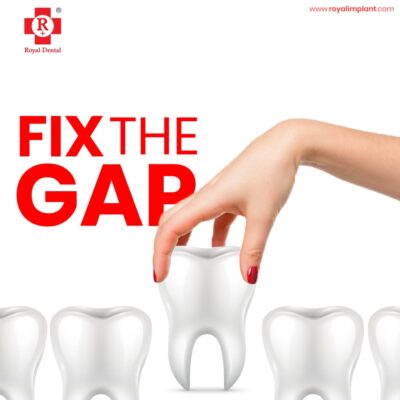If you have lost a tooth, the two main options for replacing it are an implant or a fixed bridge. Which one is right for you? It depends on your circumstances and preferences. If you’re not sure which is best for you, read on to understand the benefits of each. Both a dental implant and a fixed bridge can restore your smile and help you feel confident again. An implant is surgically placed underneath your gums to support a false tooth or teeth (called the replacement). A fixed bridge replaces multiple missing teeth at once by using natural teeth on either side of the gap as anchors for artificial ones that are fitted over them. Here’s where they differ.
What is an implant?
An implant is a metal post that’s surgically placed into your jawbone to support a false tooth or teeth. A dental implant is a screw-shaped piece of metal that’s surgically inserted into your jawbone to support a false tooth. Implants are often used to replace one or multiple teeth, but you could also get a bridge to replace your missing teeth if you didn’t want to get an implant.

They’re ideal for people who want a long-term solution to their missing teeth, like older people who have reduced bone density. An implant is placed in your jawbone where it fuses with your bone over time, creating a sturdy foundation for the artificial tooth or teeth.
If you’re missing more than one consecutive tooth, a dental bridge is likely a better option than an implant. A separate implant needs to be surgically attached to your jawbone for each missing tooth, leading to expensive and often impractical surgery.
Fixed bridge
A fixed bridge replaces multiple missing teeth at once by using natural teeth on either side of the gap as anchors for artificial ones that are fitted over them. The artificial teeth are connected to the natural teeth on either side with metal posts that screw into the root of the teeth, like braces.
A false tooth (called a pontic) is then attached or fitted over the metal posts to complete the bridge. A fixed bridge can only be used if you have enough natural teeth on either side of the gap to anchor it. If you don’t, you’d need to get an implant instead.
Which option is best for you?
If you decide to go for an implant, it is important to find a skilled and qualified implant dentist. Implants require a high level of skill and expertise to place and are more complicated to achieve than fixed bridges. Additionally, finding a qualified implant dentist is trickier than finding a qualified dentist for a fixed bridge.

If you want to keep your teeth and gums healthy, a fixed bridge may be the best option. However, if you have reduced bone density and want a long-term solution to missing teeth, an implant is a better choice. An implant provides stability and strength that a fixed bridge cannot.
Benefits of an implant
If you decide to get an implant. You won’t need to keep going to the dentist to get your bridge fixed. Implants last a lifetime and don’t require any maintenance or upkeep. A great benefit of an implant is that it roots the replacement tooth in your mouth, giving it a much firmer and more stable foundation than a fixed bridge. A natural tooth next to the implant can be at risk of being pushed out of place if you bite down too hard; however, this can rarely happen with implants.
Disadvantages of an implant
If you choose an implant, you’ll need to take care of your gums and keep your mouth healthy. As there’s a higher risk of gum disease. This is because your gums are in direct contact with the metal implant post and you won’t be able to floss your teeth as easily as you might be able to with a fixed bridge.

You’ll also need to keep your mouth clean, eat a healthy diet. And visit your dentist regularly as you would with any other form of dentistry. You’ll have to have your implant extracted and replaced if you have an abnormal response to it. This is a rare occurrence, but it’s something to be aware of.
Benefits of a fixed bridge
If you decide to get a fixed bridge, your dentist will likely recommend getting teeth-straightening treatment beforehand. This is because the teeth on either side of the gap will be moved and aligned so they can be used as anchors for the bridge. You won’t have to keep going back to the dentist for your bridge to be refixed or adjusted as you might with an implant. You won’t have to worry about your implant being rejected or having to replace it at a later date.
Disadvantages of a fixed bridge
If you decide to go with a fixed bridge, you’ll have to commit to keeping it in your mouth permanently. This means that you won’t be able to take it out or swap between different replacement teeth like you can with an implant. The teeth on either side of the gap might move back to their original position if you don’t get teeth-straightening treatment beforehand. You might need to take medications like antibiotics to reduce the risk of gum disease and infection.
Conclusion
An implant is a long-term dental solution that can provide a stable and durable foundation for a replacement tooth. A fixed bridge is a quick, easy, and affordable option for replacing multiple missing teeth at once. Both can restore your smile and help you feel confident again. But it’s important to discuss your options with a dental team first.






